Last Updated on August 2, 2021

PLOT: After a car crash retriggers a past sense of amnesia in a woman named Jane (Abbie Cornish), she must piece together her memory in order to figure what happened really to her family members that were slaughtered 25 years prior.
REVIEW: Following two lauded short-run indie dramas – THE BEAUTIFUL CITY and SMALL TOWN MURDER SONGS – Canadian filmmaker Ed Glass-Donnelly flashed enough talent for Studio Canal to give the man a crack at extending a potentially bona fide horror franchise in 2013. Unfortunately, THE LAST EXORCISM II, which Ed co-wrote with Damien Chazelle (WHIPLASH), did not reflect the specialty of his first two flicks. The franchise is no longer. Now, determined to rectify such and restore his good name, Glass-Donnelly has aptly grown LAVENDER – a rustically-set, strapping and stylish stint of psychological horror whose generic clichés are largely excused by the high caliber of acting. That is, movies about amnesia are inherently blurry, and in that regard, LAVENDER isn't entirely faultless. But due to Donnelly's deftly focused direction and the material-elevating performances, namely from Abbie Cornish, LAVENDER is bound to grow on you!

In a surreally shot opening sequence that immediately gives us a sense of the main character's mental state – the camera moving in slow-motion, every character stilly suspended in motion – we see police officers inspect a rural farmhouse. Gory corpses adorn the abode, and soon a little girl named Jane is found cowering in the corner, a blade in hand, blood across her face. She certainly looks as if she murdered her own family…mother, father and sister. Yet she has absolutely no memory. Cut 25 years ahead, and we catch up with the fully matured Jane (Cornish), now married to Alan (Diego Klattenhoff) and mother of young Alice (Lola Flanery). She seems functional, if not fully recovered. However, when Jane suffers a sudden car accident, her amnesia is retriggered, and her mind state quickly deteriorates, if not regresses, to the way she was as a traumatized little girl. More confounding yet is how Jane begins receiving mysterious gifts in little white boxes with red-ribbons. All toys and trinkets from the past…a jack, a ballerina figurine, a key, a red balloon, a creepy music box, etc. Who the hell is sending these things? Why? Or are they even real or just some warped figment of Jane's twisted imagination? Could she have really murdered her whole family 25 years prior and not remember it?
Along to help with answers in Liam (Justin Long), a resident psychiatrist Jane doesn't remember as her sister's old boyfriend. This complicates matters, as we can't really trust if Liam is doing the right thing or not? In fact, his treatment calls for Jane to return to her family home – where the tragedy struck decades ago – and try to heal from facing the past head on. Also in the mix is Jane's uncle Patrick (Dermot Mulroney), whose name Jane finds inside her home. She calls him up, he agrees to help any way he can, but he too seems to harbor some shady ulterior motives as the movie unfolds. Further clues are revealed in the series of creepy old photos of farmhouses that festoon the walls of the house, many of which shot by Jane herself. But again, she doesn't know what's real, what's conjured, nor who to trust. Even her hubby Alan is starting to grow impatient with Jane's deteriorated mind, which only gets worse. There are times when Jane is stuck in flashback, yet physically places herself in them, so to create a weird sense of psychological rupture. Confusing at times, sure, but quite effective on the whole.

But really, the reason to see this movie is the acting. Cornish in particular credibly conveys an absent-minded, psychologically fractured, anxious amnesiac…delicately walking the line between victim and suspect in a way that never betrays her hand. She's often framed with faraway look in her eye, an entranced fugue state, punctuated by febrile breathing and slight hyperventilation. She implicates herself quite well for long stretches, then bows out beautifully, rinsing and repeating all the way through in a manner that truly keeps us guessing. In the hands of less capable actors, the rote horror clichés would become too much to bear – the unreliable narrator, mysterious gifts, balls bouncing down the stairs (THE CHANGELING), getting lost inside a morass of bed-sheets, weaving through an outdoor hay-maze (THE SHINING), out-of-focus children darting around the room, etc. Thankfully, because the acting is so strong and the direction so solidly executed, these platitudes are easily excused. There was one sequence in the third act I had to rewind and watch over, mainly because there's a character that mysteriously crosses over from flashback to present without aging a day. Then I realized it was actually Jane's doing, as her mind can't quite differentiate the two time periods any longer. This could be an issue for viewers as well.
All told though, LAVENDER is a largely compelling and competently crafted psychological chiller. Abbie Cornish drives the narrative with well maneuvered aplomb, and due to Donnelly's slow-mounting moodiness and delirious depiction of two surreally splintered mental states, the unoriginal horror topes the movie boasts are excusably overlooked. Dermot Mulroney, Justin Long and Diego Klattenhoff lend Cornish solid support in this regard, all four actors here ameliorating material that could have easily failed in the performances of lesser talent. As it is, if you dig the kind of surreally labyrinthine psychology-plays that lead you one way, steer you another, cul-de-sac, dead-end and totally turn you around, no doubt, LAVENDER is taken in the right direction!










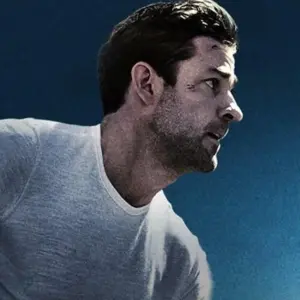
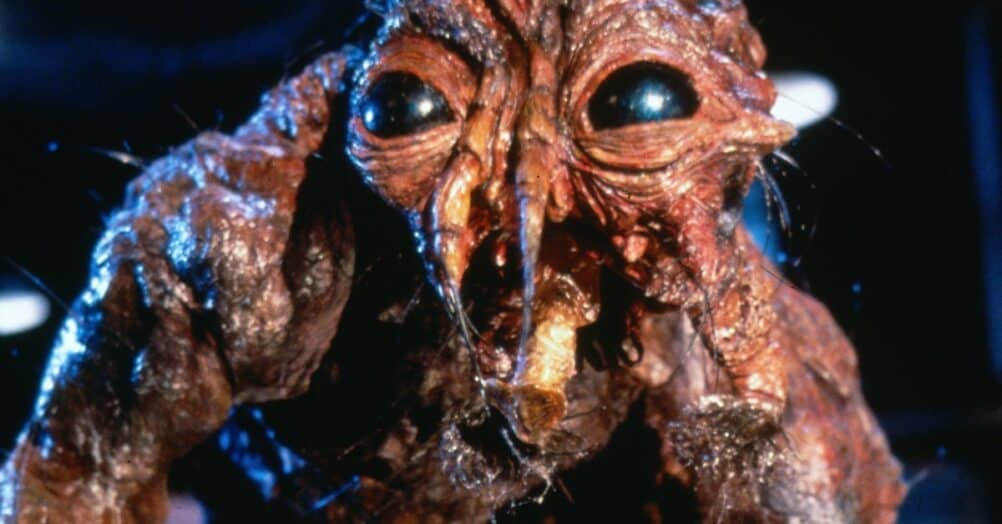


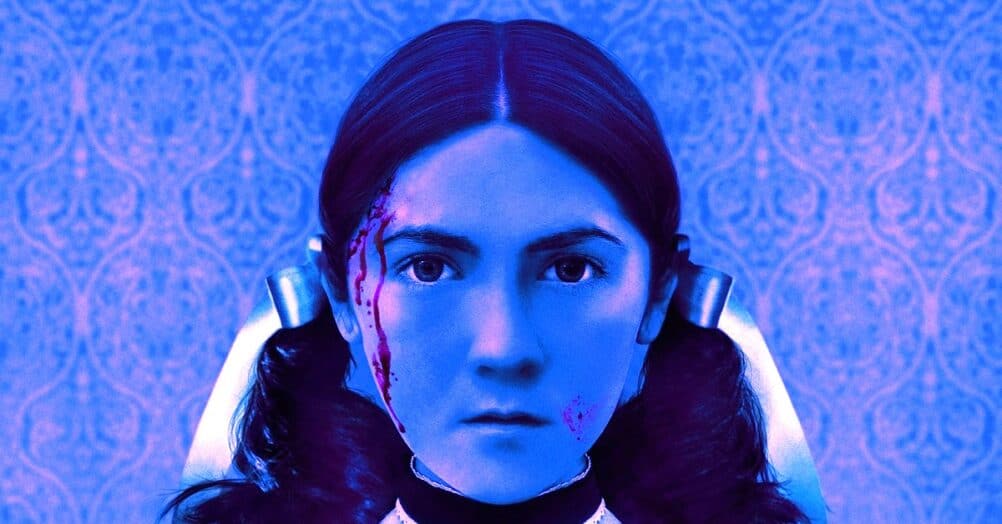
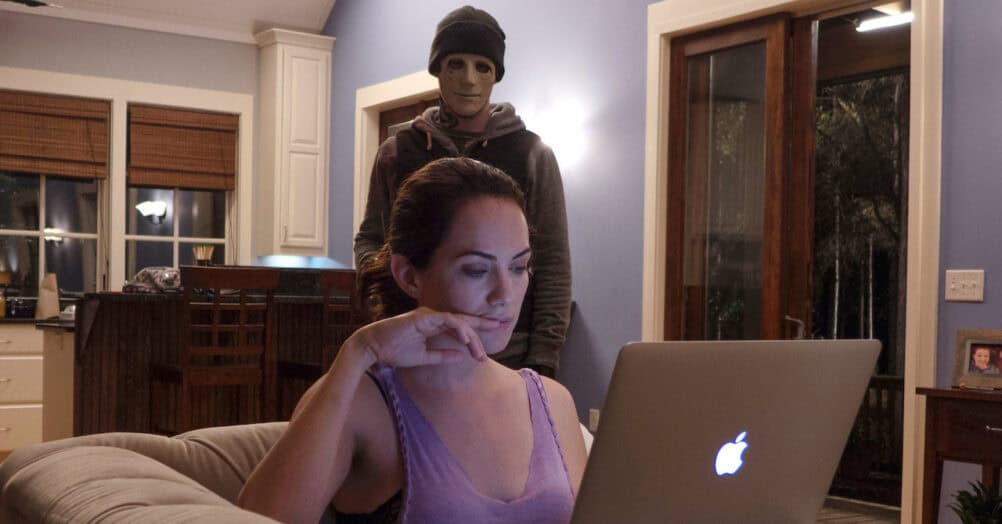




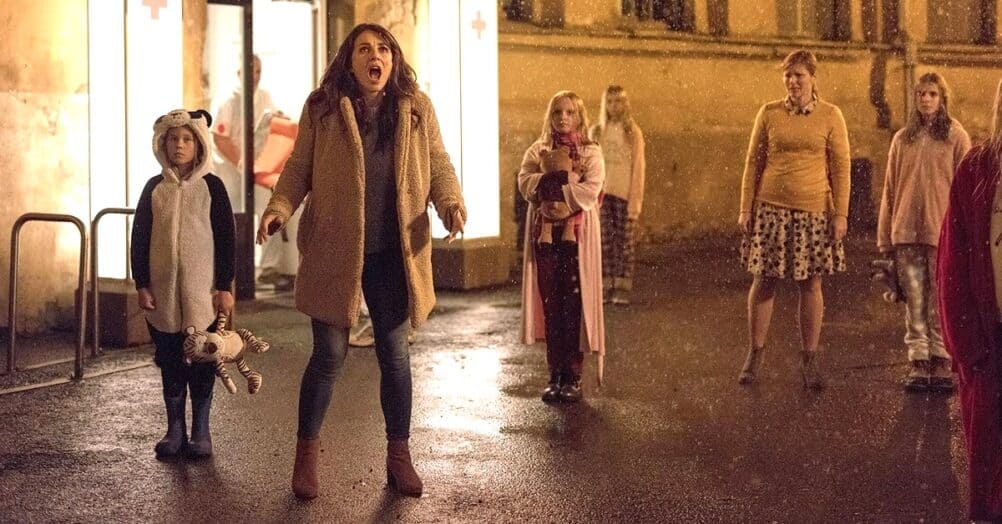
Follow the JOBLO MOVIE NETWORK
Follow us on YOUTUBE
Follow ARROW IN THE HEAD
Follow AITH on YOUTUBE